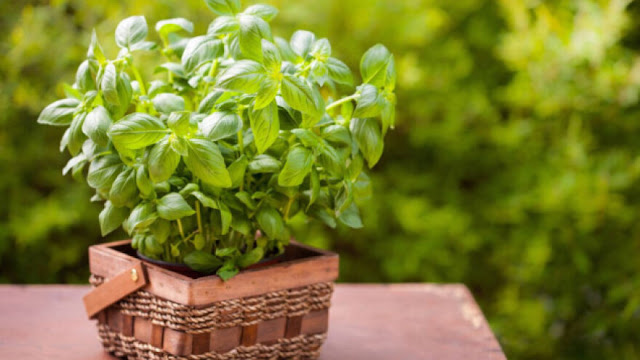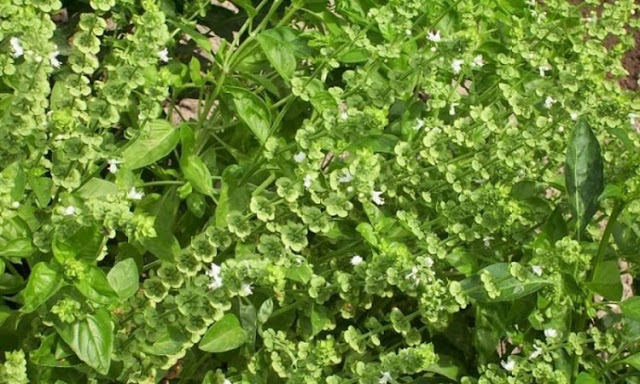Fragrant basil is one of your favorite spices: Italian's most famous, Thai has the taste of Negro candy. Basil, one of our favorite spice plants, is also grown in our area, and is a favorite addition to many dishes that give it a specific taste and aroma.
The fragrant basil leaves are used in the preparation of various dishes, and it is especially popular in Italian cuisine and in tomato dishes with which it gives a fantastic taste. Basil is recommended to be added to the dishes at the end, and is used in fresh and dried form.
In our area, three types of basil are most commonly available - Italian (large-leaved), Greek (fine-grained, more potent aromas) and Thai basil, which has a characteristic taste and resembles Negro candy.
Basil
The word
basil (
basilico,
basil) comes from the Greek word "
basilicon" ("royal"), which describes the relationship of ancient cultures to this plant.
The Romans regarded the
basil as a symbol of love and devotion, and in India it was cultivated as a symbol of welcome. In addition to cooking, some types of
basil have been used in the treatment of many diseases such as asthma, diabetes, infertility, impotence, kidney stones and various allergies.
Basil has a beneficial effect on the immune system, is a powerful antioxidant, has antibacterial properties, strengthens the immune system, prevents oxidation of cholesterol, protects the heart and blood vessels, helps fight infections and reduces inflammation in the body.
"People often sell
basil as permanent. However, permanent
basil is not in nature. It is a seasonal herb that we use as a spice."
Basil as a plant is not at all demanding to maintain, but since it must have light and heat, it, like most similar plants, cannot be kept at home, it must be outside.
"We often watch those culinary shows where the pots in the kitchen pick up some spice, however, it's just for show purposes. Otherwise, all these plants are outdoor plants, some are perennial and some seasonal," in whose garden there are herbs such as
basil, five types of mint, thyme, rosemary, oregano, sage, parsley, dill, coriander, chives, and there are lavender, tomato seedlings, cucumbers, watermelon (alpine, wild strawberry), guardian and many others, all grown organically.
"Perennials include: thyme, sage, rosemary, lavender, mint, chives ... and the most popular of all spices are basil, mint and chives.




Comments
Post a Comment